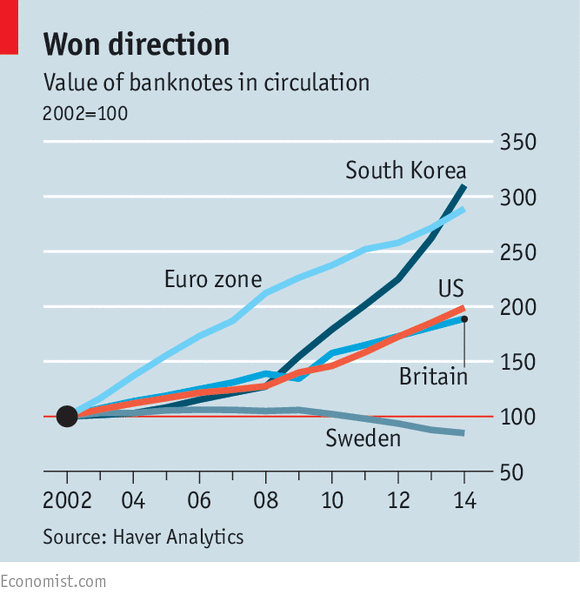@lunarboy
A big bank could build a competing chain with higher market cap, at least while Bitcoin is still young and if they spend a ton of money, but they could just make an altcoin to do the same as well. If the change were egregious, most bitcoiners would not adopt the bank's fork and just take it as an opportunity to grab cheap bitcoins. If the change were quite minor, people may just go with it and thank the bank for the market cap boost.
The market is always in control. Even the 21M coin limit is not actually sacred. If a bank or consortium of banks introduced a 22M coin limit but bid up the market cap of that fork astronomically and maintained that market cap gap by continually pouring zillions of dollars into it, I think people would just go with it. It would be the best thing that ever happened to Bitcoin.
"No," you will say, "that would break the whole hard money precedent, and soon we'd have another banking consortium pushing 23M coins, 30M coins, etc." Sure, but those will only be adopted by the market if these banks continue to line bitcoiners' pockets with way more money than they stand to lose to coin inflation. The process is quickly self-limiting. Quickly these banks are going to need quadrillions of dollars at present-day value to effect even small increases in the coin supply. The cap is set by the market and *can* be changed, but that does *not* make Bitcoin any less hard money.
It's the same with gold, after all: a bunch of banks could invest heavily in mining and thereby inflate the gold supply. Gold is nevertheless hard money. It takes a tremendous investment to effect a tiny bit of inflation. Or they could bid up silver and try to have it vastly eclipse gold so that silver takes on gold's position in central bank vaults...for an investment of trillions of dollars.
Of course no bank is going to bother investing insane amounts of money to push this nascent market such a small way, and once the market grows large enough for them to be motivated to invest such sums in an effort to change the coin limit, it will not be enough to effect even such a minor change.
Bitcoin is hard money because it is market money rather than central bank money, not because there is something sacred about 21M. That number merely serves as a market Schelling point to get Bitcoin through the early years, with the very persuasive rallying cry, "There will NEVER be more than 21 million bitcoins."
If Bitcoin is governed by the market, not by math, the limit can be changed slightly with a huge enough exogenous push on the market, but much like with mining, it would be pointless for such a well-heeled entity to do such a thing. And if they did, we should be celebrating.
Now if a bank tried to push through an actually egregious change, they might be able to - with humongous investment - get their fork higher in market cap during the forkbitrage process on exchanges (fork arbitrage on exchanges is I think the inevitable result when a fork has giant contigents that are adamantly opposed to it, as would be the case with any egregious change). But that matters nothing to bitcoiners and any future crypto adopters who find the change egregious (i.e., bankcoin being far less useful to them), as their higher market cap coin would lack important qualities Bitcoin has. Bitcoin would retain its competitive advantage to the exact degree that the bank's fork was worse. And, to the degree that the bank fork was innocuous, bitcoiners wouldn't mind adopting it.
No matter how you slice it, it would line bitcoiners' pockets while tremendously advancing Bitcoin's vision one way or the other. The Bitcoin absorbs all attacks and gets made stronger.



